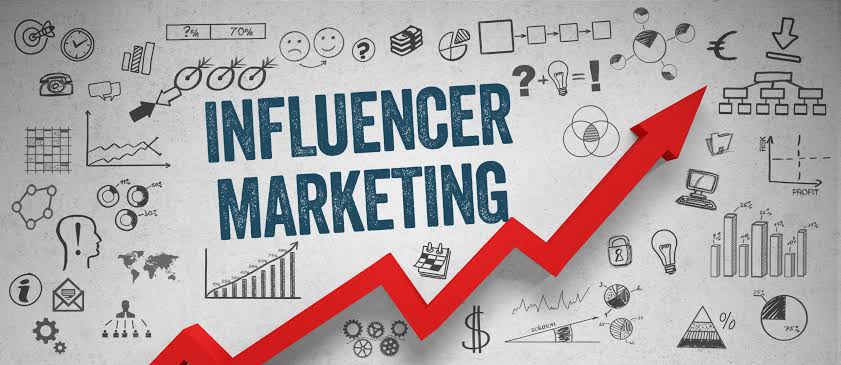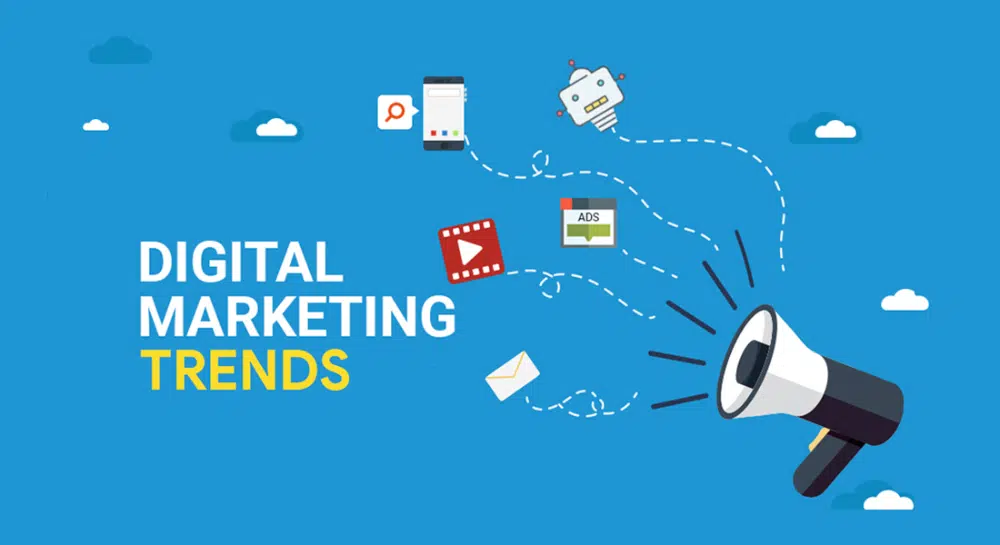By Zion Rufus
The increased collaboration between brands and online influencers for content-driven marketing campaigns is fast transforming influencer marketing into one of the biggest mainstream forms of online marketing.
According to global research firm, ResearchandMarkets, B2B Influencer marketing has the potential to generate $11.7 billion in revenue by the end of 2022, with more than 38% of B2B companies currently exploring influencer marketing as a new lead-generation avenue.
Temitayo Ige, Digital Brand Manager for Central, East, West Africa, Beiersdorf said in a recent interview with MARKETING EDGE: “Consumer behaviour has changed. I will necessarily say that the influence we get from influencers are more. With the authenticity of their content, micro & nano influencers do play a role in discovery especially if you work with the right influencers. These influencers have built their audience around a niche so if your brand fits within that niche then you are reaching an audience that is mostly receptive to the message you are trying to pass across.”
The global report also revealed that partnering with an influencer marketing platform that uses data-driven pricing models ensures that companies are not over-paying their influencers and are receiving maximum value for their influencer budget.
Ige pointed: “Even influencers know that it’s not business as usual when it comes to budget, they are finding more ingenious ways to partner with brands because they know that what we used to obtain before with the budget is no longer what we obtain. The industry is growing with more accountability reports on Return on Investment (ROI).”
Meanwhile, the global statistics also showed that demographic influence will play an increasingly important role in the adoption of B2B influencer marketing as Influencer marketing platforms can use algorithmic data to find the best content type and form based on the target audience. Once this is identified, the platform can tether the approach to the perfect influencer.
Femi Adelusi, founder/Group CEO, BrandEye/Mediaplus and President, Media Independent Practitioners Association of Nigeria (MIPAN) who debunked the belief that influencer marketing is fast replacing agencies said: “Most of the agencies under MIPAN for example, now have very functional digital platforms where content is being created and developed. A lot of us run campaigns and do a lot of content development with influencers.
“But beyond that, we are also working on how to have a scientific platform or two that allows us to make the right decisions on choices of influencers because sometimes it is not so much about the numbers or followers, it is also about the brand fit, the personality and other factors that are important in the industry, so we are looking at scientific ways that are going to be a function of the art and the science of making that decision on influencer marketing.”
However, on his part, Stanley Olisa believes that marketers should be deliberate with influencer marketing.
He said: “You don’t use it because it’s a nice-to-have or because other brands are using it. You employ this marketing tactic only when it’s clearly a necessity for the achievement of your communication objectives. When developing a communication plan, guard against the urge to use all known tactical elements just to make your plan look elaborate and sophisticated. Focus only on the requisite components and ensure clinical execution to deliver tremendous results.”
“And the nature of your business determines whether you need an influencer marketing plan and the extent of employment. Influencer marketing is more commonly used in business-to-consumer (B2C) markets than in business-to-business (B2B). But this is not to say B2Bs don’t do influencer marketing- it’s just a bit restricted,” he noted.





Comment
No comments found.